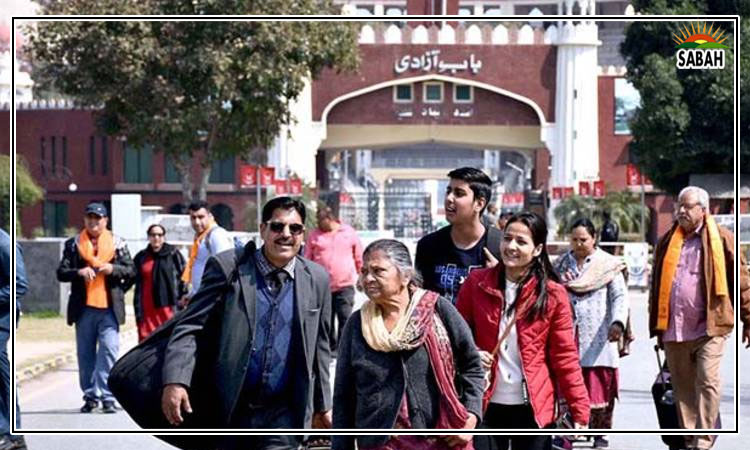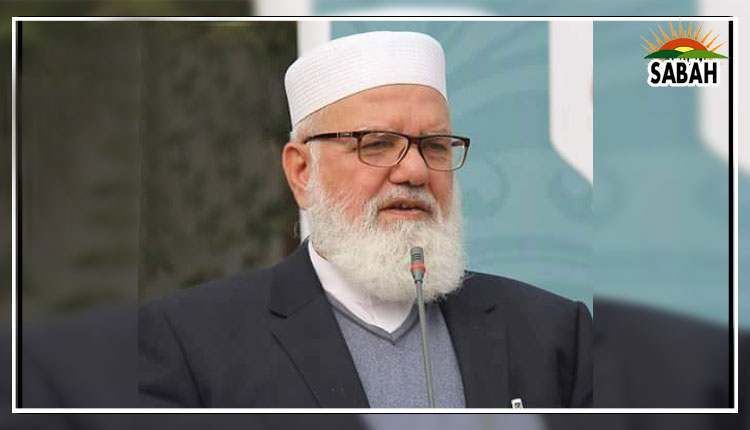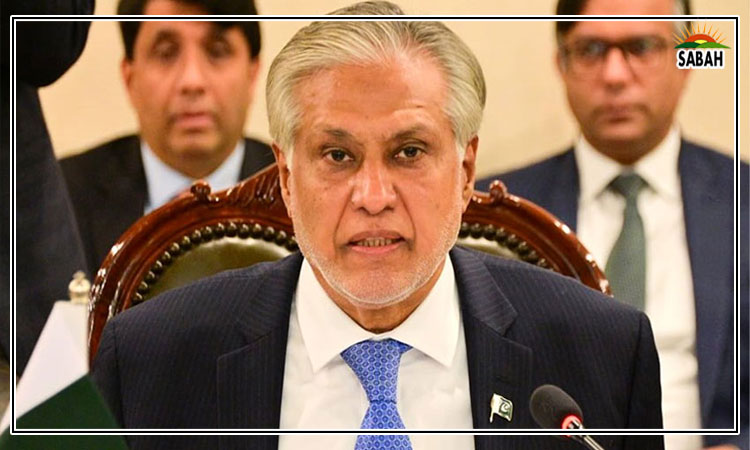Climate council…By Zile Huma
Pakistan successfully conducted the SCO, accelerating its efforts for regional connectivity and cooperation. Many important issues were highlighted by Prime Minister Shehbaz Sharif during his speech at the summit.
The prime minister called for collective action for socioeconomic development, strong connectivity, collective peace and security, combating terrorism, dealing with climate change, alleviating poverty, and respecting principles of sovereignty, territorial integrity, and the right to self-determination. Among all these issues, one common and alarming threat that requires collective action from SCO members is climate change.
As Prime Minister Shehbaz Sharif said in his speech, “The impact of climate change is being felt worldwide, and Pakistan has been particularly hard-hit”. SCO member-states make up 40 per cent of the world population and are witnessing devastating impacts of climate change in one form or another.
Russia is facing heatwaves, floods, droughts forest fires, and permafrost caused by climate change. According to the Centre for Strategic & International Studies (CSIS), “Russia is warming 2.5 times faster than the rest of the world”. China also witnessed summer floods in Zhengzhou in 2024. Similarly in 2022, the lengthy heat waves in China converted lakes into streams, destroyed crops, and sparked forest fires.
Pakistan and India have become frequent victims of the hottest summer seasons with heatwaves. The World Meteorological Organization (WMO) says that Pakistan and India witnessed the hottest month of March in 2022. Pakistan also faced devastating floods in 2022 which is a major catastrophe in its history.
According to the Finance Division, “One-third of the country had been under water, and 33 million people had been affected” in these floods. Central Asian states which are also members of SCO are not behind in facing the catastrophes caused by climate change. According to the Asian Development Bank, a 10-15 per cent estimated drop in water volumes in the Syr Darya and Amu Darya basins by 2050. These two large rivers are crucial sources of water for countries in Central Asia. In addition to that, Belarus a European country and also a member of the SCO is also affected by climate change.
Per the UNDP, “Climate change is challenging farmers worldwide, and Belarus is no exception. Over the past 140 years, the average annual temperature in the country has increased by 1. 4 C.” Another SCO country, Iran, is facing issues like high temperature and precipitation, dust storms and lower agriculture yields.
Climate change is severely impacting this region and undermining the potential of socio-economic development. Climate change can become a source of cooperation and opportunities for this region. The Green Development Forum was held in China on July 8, 2024 – organised by the Ministry of Ecology and Environment of China, with the support of the SCO Secretariat.
The objective was to foster collaboration to take initiatives for Building a Green Partnership for Sustainable Development. The purpose of this event was also to create a green and sustainable environment and adopt a healthy lifestyle. This forum also shows the commitment and consciousness of the member states towards sustainable development.
A permanent structure to fight climate change and collaborate on green projects under the SCO can not only protect this region from many climate change disasters but also has the potential to open several avenues of cooperation. Climate diplomacy can be an important tool for this region to join hands to combat climate change and reduce political tensions in the region.
The establishment of the SCO Climate Resilient Council can be a landmark decision. This council can involve climate change and environment ministers from all SCO member-states and other technical experts in climate change. The council can take green initiatives like the creation of the SCO Green Climate Fund, carbon markets, promotion of climate-resilient infrastructure, connectivity through green corridors, exchange of knowledge, research and technology, etc. This forum can also play an advisory role at the global level to protect this region from the devastating impacts of climate change in the region.
Climate change is a reality that is visible in the form of various disasters not only in SCO member-states but all over the world as well. The successful hosting of the SCO Summit in Pakistan and the signing of various MOUs are also testimony to the potential of this region to grow through collaboration and collective efforts.
Climate diplomacy is another area that needs to be focused more under the SCO. An initiative like the SCO Climate Resilient Council can be a game changer in the region. It can accelerate efforts to mitigate and adapt to climate change, keeping aside political conflicts and issues.
courtesy












